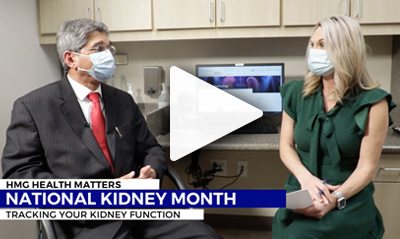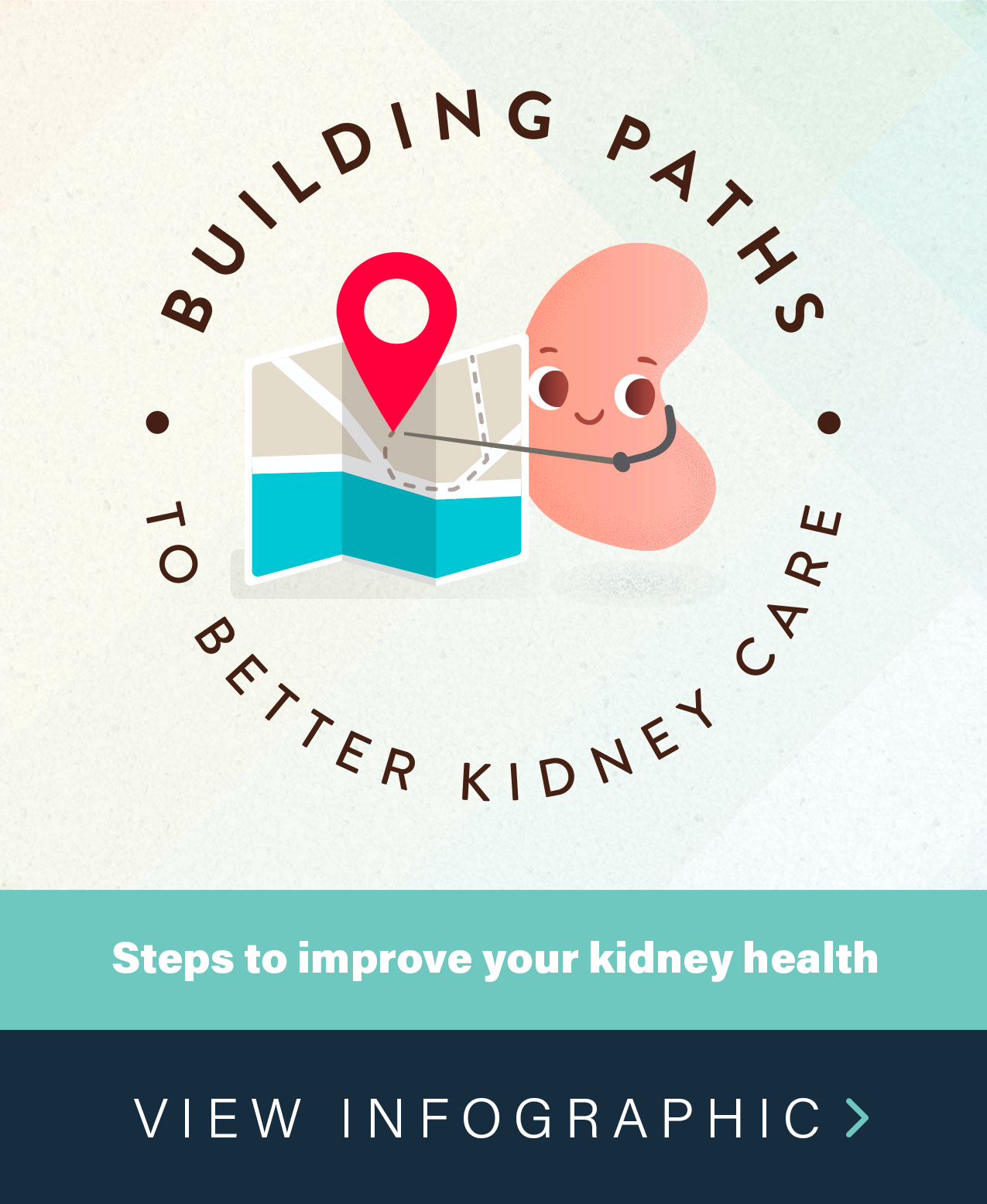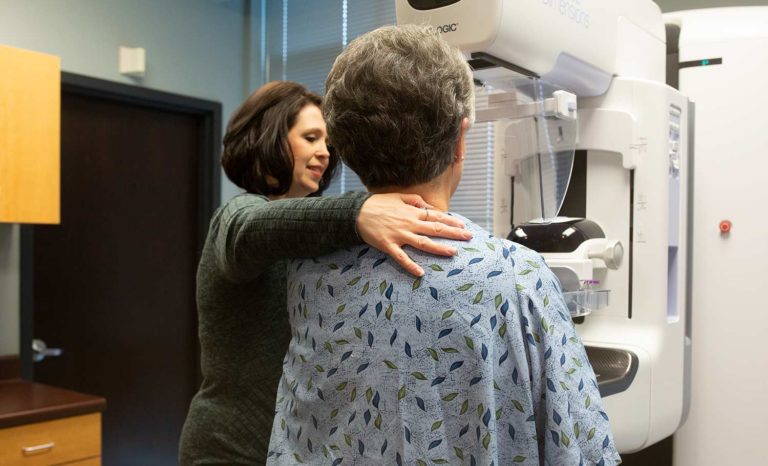Think of your kidneys like the carbon filter in your water jug. Instead of sifting out particles in the water before it goes into your glass, the kidneys catch your blood, and filter out the wastes and toxins to help clean blood flow through your body.
 WJHL VIDEO: Dr. Sharan Kanakiriya
WJHL VIDEO: Dr. Sharan Kanakiriya
But just like in water filters, sometimes the “gunk” can pile up and when it does that means that other parts of our body aren’t receiving the clean blood. When kidneys aren’t functioning properly—when they get gunked up—that’s chronic kidney disease.
Chronic kidney disease, or CKD, impacts nearly 37 million Americans. The catch is that only 1 in 10 people affected with chronic kidney disease even know they have it because it has virtually no symptoms. However, CKD can be controlled and prevented.
That’s where your primary care physician comes in.
How Your Kidneys Work
Your kidneys serve multiple functions for your daily health. The kidneys can filter about 8.3 quarts (or 33 cups) of blood every hour. They take out waste water that turns into urine and heads to the bladder.
They can also help filter out drugs while producing powerful vitamins, like Vitamin D that helps your bones. Kidneys control the production of your red blood cells and release the hormones that regulate your blood pressure.
As we get older, our kidneys naturally begin to deteriorate, but that’s not the only cause of CKD. Though many patients don’t know it because CKD is often asymptomatic, it can often be found in people with diabetes, those who have high blood pressure, are overweight or obscese, have heart disease, or who use tobacco.
Tracking CKD Through a Kidney Function Test
The symptoms of CKD often present like other diseases, such as the flu or an ulcer. They include:
- Nausea or vomiting
- Loss of appetite
- Fatigue and sleep problems
- Decreased mental sharpness
- Muscle cramps or weakness
- Increased or decreased bathroom use
If you’re worried you might have CKD, you can feel relief knowing that it can be found quite easily. Patients are asked to take a simple kidney function test, which can be either a urine test or a blood test.

With a urine test, doctors are looking for levels of albumin (pronounced: al-bew-min), or a protein made by your liver. A high level of albumin is a key indicator of kidney disease. If you take a blood test, doctors want to know how much creatinine, urea, and electrolytes are in your blood.
Your HMG primary care physician can order these tests and make them a part of your ongoing, routine screenings.
When you have a close relationship with your doctor, they’ll already know about your family history of diseases. Be sure to talk with your physician about any members of your family who have been diagnosed with a kidney disease, or about the history of high blood pressure or diabetes in your family.
From there, your doctor can decide how often you need to perform a kidney function test. If you are at high risk, you can expect it to be at least once per year. The sooner that chronic kidney disease is identified, the sooner it can be treated.
Treating CKD
Your HMG primary care physician can help you if you are diagnosed with chronic kidney disease. There are medications available or dialysis in advanced stages.
For those who found CKD early, some medication options can help slow the progression of the disease. However, even some over-the-counter medications that patients rely on for pain like ibuprofen, aspirin or naproxen, can damage the kidneys.
When you are on medication for CKD, your doctor will continue to use kidney function testing to gauge if a disease has progressed.
Those with advanced kidney disease may need help through dialysis, or a machine that helps remove the waste, salt, and extra water that the kidneys can no longer control. Dialysis acts as the filter, stopping the “gunk” from building up in your body.
Many people can live a long life on dialysis, but early and often consultation and prevention with the help of your HMG primary care physician can help avoid this.
Tips to Avoid CKD
A healthy lifestyle is the first step toward avoiding CKD. You can make plenty of choices daily that will put you on the right path:
- Don’t smoke; If you do, talk to your doctor about how to quit
- Maintain a healthy weight and BMI
- Sleep for 7-8 hours each night
- Exercise at least 30 minutes each day (this could even be three 10-minute intervals, if necessary)
- Make healthy food choices
- Control your blood pressure
- Maintain control of your blood sugar
When these daily choices are made, CKD is just one of many types of health complications that can be controlled and prevented.
It’s also important to maintain a healthy relationship with your HMG primary care physician on your health journey. Routine health and wellness checkups that include kidney function testing will provide a baseline at an early age for what a healthy kidney looks like in your body. If you are diagnosed with CKD, HMG has nephrologists, specialists who focus on the diagnosis and treatment of diseases of the kidney, who can join your care team.

Working with your doctor can help you set a plan toward healthy kidney function. As your health partners for life, our team of primary care physicians will help you set achievable goals toward prevention and testing that will guide you toward a long, healthy, and happy life.
To schedule an appointment with one of our HMG primary care physicians today, contact us or find a provider nearest you at one of our HMG facilities.











